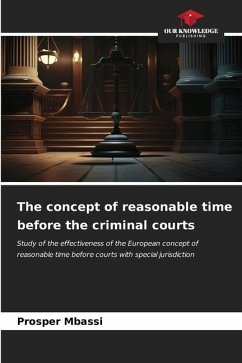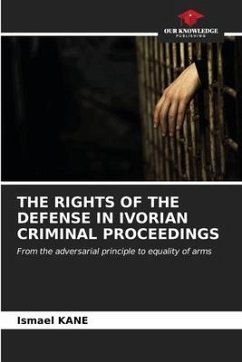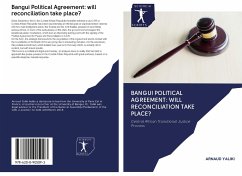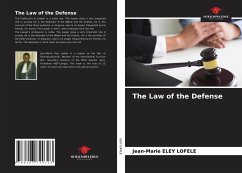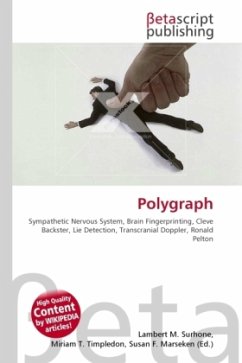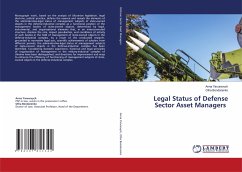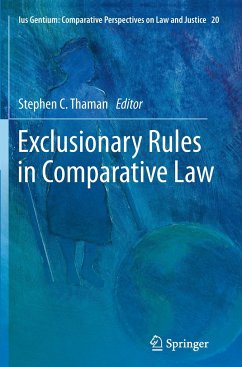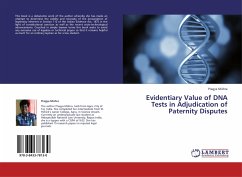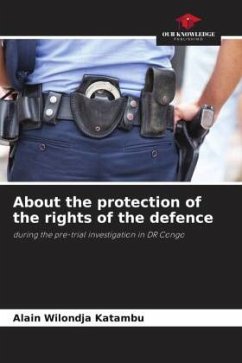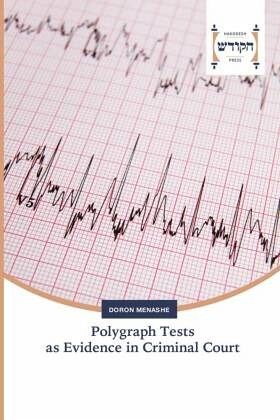
Polygraph Tests as Evidence in Criminal Court
Versandkostenfrei!
Versandfertig in 6-10 Tagen
17,99 €
inkl. MwSt.

PAYBACK Punkte
9 °P sammeln!
In recent years, there has been an increase in the public's awareness regarding the use and significance of polygraph machines as a reliable means of validating data and discerning truth from falsehood. We saw it prudent, therefore, to provide our opinion, through this study, with regards to a single fundamental question: Under what conditions would it be appropriate to allow for the admissibility of the findings of polygraph tests as evidence in criminal court, assuming such tests are conducted in accordance with the Concealed Information method, and not the Comparative Questions method? Our ...
In recent years, there has been an increase in the public's awareness regarding the use and significance of polygraph machines as a reliable means of validating data and discerning truth from falsehood. We saw it prudent, therefore, to provide our opinion, through this study, with regards to a single fundamental question: Under what conditions would it be appropriate to allow for the admissibility of the findings of polygraph tests as evidence in criminal court, assuming such tests are conducted in accordance with the Concealed Information method, and not the Comparative Questions method? Our conclusions suggest that the day has come for us to begin employing this method as a legitimate means of obtaining admissible evidence in criminal proceedings. This book was edited by the very talented Guy Itzhak Sender, Adv.



